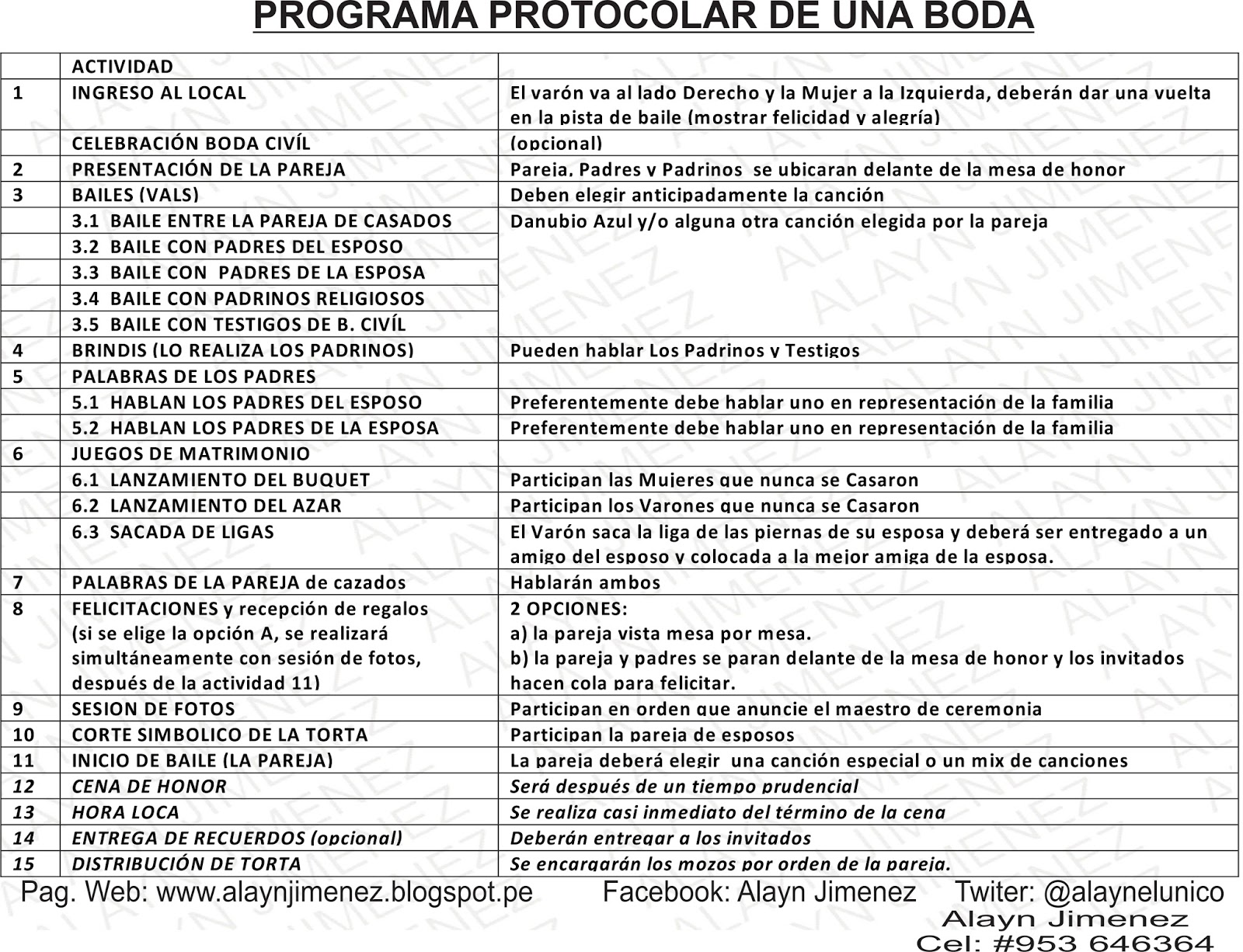Crafting Your Perfect Wedding Reception Schedule
Imagine this: your wedding ceremony is over, and a wave of excitement washes over you as you step into the next chapter of your lives. Now, the celebration truly begins! The wedding reception is where you and your loved ones gather to dine, dance, and revel in the joy of your union. A well-structured wedding reception program, or what's sometimes referred to as a wedding reception agenda or order of events, is essential for ensuring a smooth and memorable experience.
Planning a wedding reception can feel overwhelming, but creating a thoughtfully crafted reception schedule can transform the planning process into an enjoyable experience. A reception program acts as a roadmap, guiding the flow of events and ensuring that everything runs smoothly, from the grand entrance to the final farewell. It also helps your vendors coordinate their services seamlessly, allowing you to relax and savor every moment of your special day. Essentially, your wedding reception program is the blueprint for a celebration that reflects your unique style and creates lasting memories.
While the concept of a structured celebration has ancient roots, the modern wedding reception program emerged as weddings evolved into more elaborate affairs. Traditionally, wedding receptions were simpler gatherings, often held at the bride's family home. As celebrations grew in size and complexity, the need for a structured program became apparent. This evolution reflects a desire not only for a smoothly flowing event but also for a curated experience that encapsulates the couple's vision for their special day.
The importance of a well-planned wedding reception program cannot be overstated. It sets the tone for the entire celebration, ensuring that guests are engaged and entertained. A well-structured program ensures that key moments, like the first dance and cake cutting, are given the appropriate spotlight. It also helps prevent awkward lulls and keeps the energy high throughout the evening. Without a plan, the reception can feel disjointed and chaotic, potentially leaving guests feeling lost or bored. A well-crafted wedding reception schedule is an investment in a seamless and unforgettable celebration.
Creating a successful reception program requires careful consideration of various factors. One common challenge is balancing the desired activities with the overall timeline. You’ll need to factor in the length of speeches, the time allotted for dining, and the transitions between different parts of the reception. Another important consideration is the cultural background of the couple and their families. Incorporating traditions and customs can add a personal touch to the celebration but also requires careful planning to ensure that they are seamlessly integrated into the overall program.
A simple example of a reception program might include a cocktail hour followed by the grand entrance of the wedding party, dinner, speeches, the first dance, cake cutting, parent dances, and open dancing. Other elements might include special performances, games, or cultural traditions. The key is to personalize the program to reflect the couple's preferences and create a celebration that feels authentic to them.
Advantages and Disadvantages of a Detailed Wedding Reception Program
| Advantages | Disadvantages |
|---|---|
| Provides structure and organization | Can feel rigid if not followed flexibly |
| Keeps the reception flowing smoothly | May require extensive planning |
| Helps vendors coordinate their services | Unexpected delays can disrupt the schedule |
Best Practices for Creating a Wedding Reception Program:
1. Personalize the schedule to reflect your unique style.
2. Consider the flow of events and allow for transitions.
3. Consult with your vendors, especially the DJ or band and caterer.
4. Build in buffer time for unexpected delays.
5. Share the program with your wedding party and key family members.
Frequently Asked Questions:
1. How long should a typical reception last? (Answer: Typically 4-5 hours)
2. When should the first dance take place? (Answer: After dinner or immediately following the grand entrance.)
3. Do we need a printed program for each guest? (Answer: Not required, but can be a nice touch.)
4. How can we incorporate cultural traditions? (Answer: Consult with family members and research customs.)
5. What if something runs behind schedule? (Answer: Have a backup plan and communicate with your vendors.)
6. Can we customize the order of events? (Answer: Absolutely! It's your celebration.)
7. How do we decide what to include in our program? (Answer: Consider your priorities and what's most important to you.)
8. How can we make our reception program engaging for guests? (Answer: Incorporate interactive elements, like games or photo booths.)
Tips and Tricks:
Consider creating a visual timeline for yourself and your vendors. This can help everyone stay on track and ensure a smooth flow of events.
From the moment your guests arrive to the last dance, a well-crafted wedding reception program ensures that your celebration is a seamless and memorable experience. By carefully planning the flow of events, incorporating personal touches, and coordinating with your vendors, you can create a reception that reflects your unique style and celebrates the beginning of your journey together. A thoughtful wedding reception program is an investment in an unforgettable celebration. Don't just plan a wedding reception; craft an experience that you and your loved ones will cherish for years to come. Begin planning your dream reception program today and embark on a journey toward creating a truly magical wedding celebration.
Small simple tattoo ideas for men the ultimate guide
Did king arthur die unraveling the mystery of a legend
Navigating time at wvsu the academic calendar














